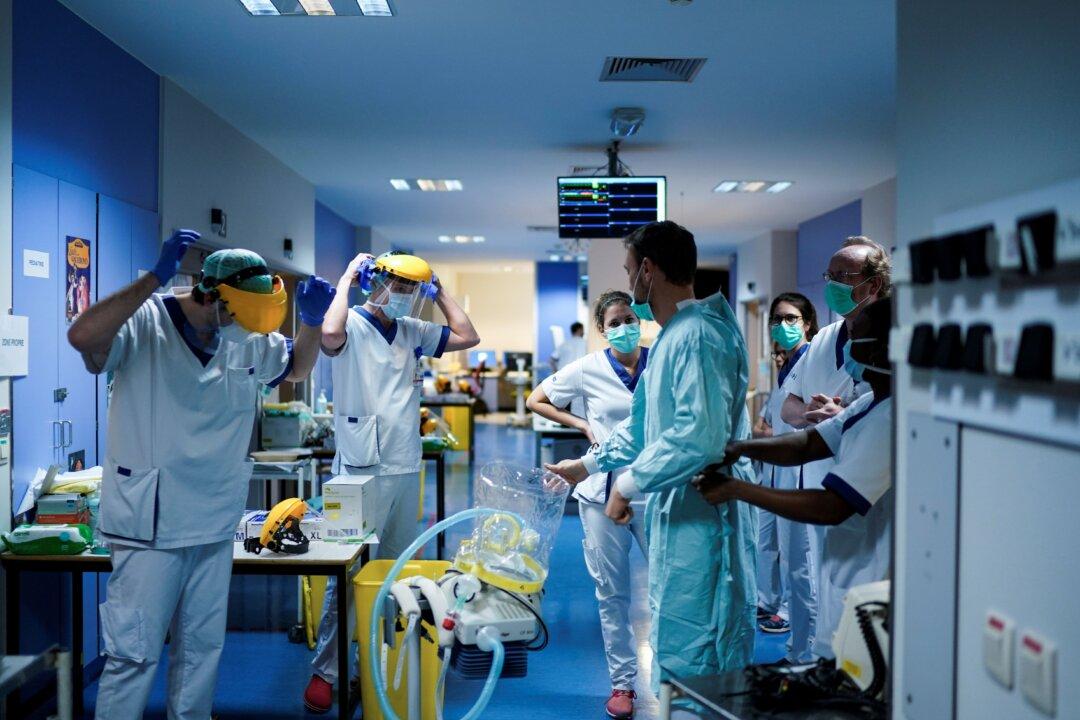News Analysis
Belgium, based on its population of 11 million and geographical size of 30,500 square kilometers (11,849 square miles), is considered a small country among the 195 sovereign nations in the world.

Belgium, based on its population of 11 million and geographical size of 30,500 square kilometers (11,849 square miles), is considered a small country among the 195 sovereign nations in the world.